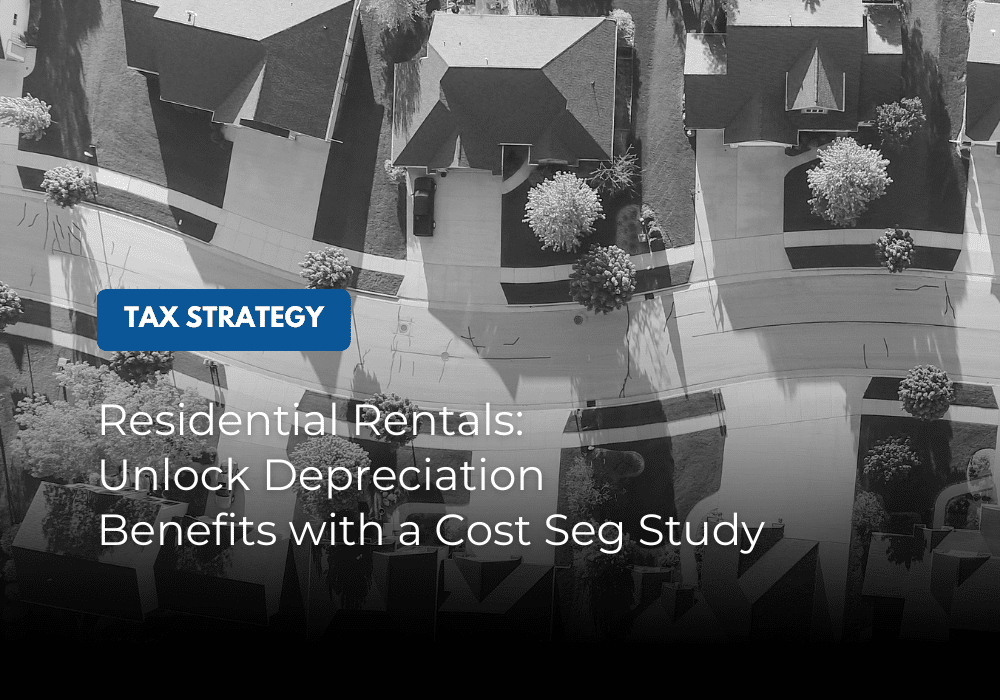Cost segregation is the tax planning strategy that allows investors to reclassify some assets, to shorten the depreciation cycle.
Real estate investors leverage this powerful strategy in a variety of scenarios, helping to reduce their short-term tax liability and, as a result, freeing up cash flow. Most types of investment properties qualify for accelerated depreciation, as long as they fall within the federally established guidelines.
Unfortunately, many investors fall under the misconception that residential properties – especially those with a lower cost basis – do not qualify for asset segregation, when in fact they do. Before you miss out on the significant benefits that you could realize from reclassifying investment property assets, let the experts at Cost Segregation Authority review the details of your property to determine its potential eligibility.
What Types of Properties Qualify for Accelerated Depreciation?
Any investment property can qualify for cost segregation, including income-producing residential properties, as long as it falls within the following criteria:
- Located within the United States,
- Built or purchased after 1986, and
- Depreciable cost bases of $300,000 or more.
In some cases, older properties may qualify as long as they have undergone (or will undergo) a major renovation since 1986. Finally, depending on the circumstances, you may be able to segregate assets for accelerated depreciation on some types of leasehold improvements.
How Does Cost Segregation Work?
Investors must depreciate the residential-use commercial real property over 27.5 years. However, if you identify elements of the property that can be reclassified as personal property, you can accelerate the depreciation of those assets.
Depending on what they are, you may be able to legally depreciate these components on a 5-year, 7-year, or 15-year schedule. This acceleration helps free up short-term cash flow.
Do You Need a Cost Segregation Study for Residential Investment Properties?
Before you do anything with asset reclassification, it is critical to obtain a qualified study to support your actions. Without one, the IRS could successfully challenge your reclassification. The study’s approach does matter. Specifically, look for a provider that uses an engineering-based approach.
For less valuable properties, you might worry about the cost of a cost segregation study, or whether having one done is even worthwhile. One of the best ways to address this question is to talk to a qualified cost segregation advisor.
At Cost Segregation Authority, we understand that commissioning a study represents a significant investment. For that reason, we offer a no-cost benefits analysis that is typically available in 24 hours. We can answer your questions and help you determine whether having a study done makes sense for you. Check out more Blogs Here.
To learn more, contact one of our experienced cost segregation advisors today.


















